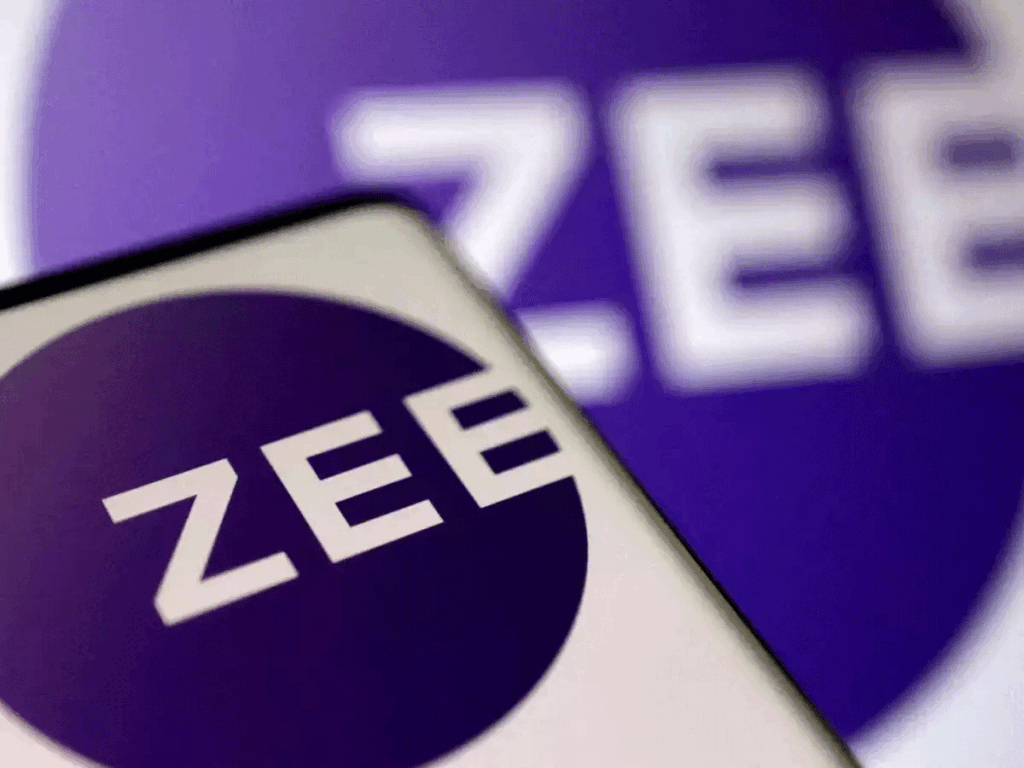The Delhi High Court notice to Zee Entertainment has sparked significant interest in both legal and financial circles. On September 1, 2025, the court issued a directive to Zee in connection with the Aditya Birla Finance petition regarding a long-standing ₹134 crore loan dispute.
This case is not just about unpaid dues — it touches upon complex issues of corporate guarantees, the legal interpretation of a Letter of Comfort (LoC), arbitration decisions, and insolvency procedures. In this blog, we’ll break down the case background, the arbitral tribunal’s stance, why the Delhi High Court has intervened, and what implications this holds for Zee, Aditya Birla Finance, and the broader corporate lending ecosystem.
Case Background
Loan Arrangement with Siti Networks
- In 2017, Aditya Birla Finance Ltd. (ABFL) extended a ₹134 crore loan to Siti Networks Ltd. (SNL), a media distribution company.
- To support the loan, Zee Entertainment Enterprises Ltd. (ZEEL) issued a Letter of Comfort (LoC). ABFL claimed this LoC effectively acted as a guarantee for repayment, bringing Zee directly into the dispute.
- The default triggered ABFL’s arbitration petition, where it sought not just repayment of the principal but also interest and damages — totalling nearly ₹175 crore.
Arbitral Tribunal’s Decision
- An arbitral tribunal headed by former Supreme Court judge Justice L. Nageswara Rao ruled against ABFL.
- The tribunal concluded that a Letter of Comfort is not a guarantee under Section 126 of the Indian Contract Act. In other words, Zee could not be held liable for the loan as it never formally guaranteed repayment.
- However, the tribunal did acknowledge ABFL’s right to a refund of stamp duty paid during proceedings.
- Zee’s ₹15 crore counterclaim was left undecided, leaving some issues unresolved.
Delhi High Court Steps In
Despite the tribunal’s rejection of ABFL’s claim, the finance company decided to challenge the award in the Delhi High Court.
Notice to Zee Entertainment
The Delhi High Court issued notice to Zee Entertainment, asking the company to respond to ABFL’s petition. This marks a critical development because a court-led review could potentially overturn the arbitral tribunal’s findings.
Stay on ₹23.8 Crore Withdrawal
- The tribunal had earlier allowed Siti Networks’ resolution professional to withdraw ₹23.8 crore, despite Siti’s insolvency status.
- The Delhi HC stayed this withdrawal, observing that Siti had already been removed from arbitration and Zee, along with ABFL, was denied an opportunity to contest the move.
- This stay order indicates the court’s concern about procedural fairness.
Next Hearing Date
The matter is now listed for further hearing on October 15, 2025. All eyes are on this date, as the court’s decision could set an important precedent in interpreting corporate liability linked to LoCs.

Implications of the Dispute
For Aditya Birla Finance
- If the High Court overturns the arbitral ruling, Zee could be made liable for repayment.
- The potential liability could rise to ₹174.57 crore, including interest.
- ABFL has also demanded a refund of ₹108 crore previously paid by Siti to Zee in FY2020-21, which adds another dimension to the financial battle.
For Zee Entertainment
- Zee has consistently maintained that the dispute has no connection with its management, promoters, or controlling shareholders.
- In its regulatory filings, Zee clarified that there are currently no penalties or financial implications until the matter is resolved.
- However, if the court sides with ABFL, the liability could significantly impact Zee’s financials at a time when the media giant is already dealing with other operational and regulatory challenges.
For Legal Precedent
- The case raises important questions on the legal meaning of a Letter of Comfort. While companies often use LoCs to signal support without creating a binding guarantee, courts may interpret them differently depending on wording and context.
- This outcome could shape future corporate lending and arbitration cases in India.
Broader Context: Arbitration and Insolvency
This dispute highlights two critical aspects of Indian corporate law:
- Arbitration vs. Court Review
Arbitration is meant to reduce court intervention, but cases like this show that large disputes often find their way back to High Courts. - Insolvency Proceedings
With Siti Networks under insolvency, creditors and guarantors face additional complexities. The Delhi HC’s stay on fund withdrawal reflects how insolvency law interacts with arbitration rulings.
What Lies Ahead?
The October 15, 2025 hearing will determine whether the arbitral award stands or is overturned. If Zee is held liable, it could face a significant financial setback. If ABFL’s claims are dismissed again, the finance company may need to write off the exposure or seek recovery through other channels.
For now, both parties must prepare for a legal battle that could redefine the boundaries of corporate guarantees, LoCs, and arbitral enforcement in India.
The Delhi High Court’s notice to Zee Entertainment in the Aditya Birla Finance petition is more than a typical corporate loan dispute. It reflects the complexity of legal instruments like Letters of Comfort, the power and limits of arbitral tribunals, and the balancing act courts play in high-stakes financial disputes.
As the matter unfolds, the case could serve as a landmark precedent for lenders, borrowers, and corporate guarantors across India. Businesses must learn from this: clarity in contracts and guarantees is critical to avoid prolonged litigation.













